Today we’re sharing insight from guest blogger Jim Ackley, Director of People Operations for Landscape Forms. We hope you enjoy Jim’s wisdom and perspective.
 Risk. Trust. Common words that mean different things to different people.
Risk. Trust. Common words that mean different things to different people.
When I think of risk, one of the first things that come to mind is the personal toll that can happen with a lack of trust in relationships. Without trust, every interaction becomes a risk. When you tire of taking the risk in trusting people, you might move away from the person, the interaction, the situation, or even the company. What is the risk of not trusting this person? Do you have to pick up pieces after the fact if something goes wrong? Are there hurt feelings? Do you not interact with them in the future?
Often communication is given as the way to build trust in relationships. I don’t believe communication by itself is an action that builds trust. Think about the last time someone said “trust me”…you wait to see if there are examples to support this request! Demonstration is the action. And typically many instances of this must happen for trust to be solidified. But hopefully you give the benefit of the doubt and you begin with the assumption that people are trustworthy. Interestingly enough this is the most risky approach.
Do you present yourself as someone who is trustworthy? Would your teammates describe you this way? Think about the last time you heard juicy gossip about a coworker…did you spread it? Did you perpetuate the conversation? How would the person you learned the gossip about feel if they found out you were continuing the gossip? Does that impact your trustworthiness? Will people feel like they are taking a risk sharing information with you?
Can you think of a time when you let someone down? Maybe you betrayed their trust and they called you out on it. Perhaps you committed to a timeline and didn’t follow through. Or you gossiped and it got back to them. All of these add up to a lack of demonstrating trust to others. I think we’ve all done it. I know I have. One of the things I try to do is admit when I mess up. I feel I should own it. Apologize for the incident - no matter what it is or how simple it seems to be.
I personally feel like I’m taking a risk if I’m dealing with someone who has consistently demonstrated their lack of trustworthiness. I have to be on guard during every conversation because I know it may get spread, changed, or adjusted to fit that person’s needs. Often, from a leadership seat this is used for power or manipulation. Rarely will people speak up against this because they have seen or heard what happens from that leader in how they handle other things. People won’t fight that battle because they have seen the outcome from the other side.
Degrees of trust are another part of the conversation that is sure to jog thoughts. For instance, I only trust certain people up to a certain point. I believe this is actually closer to human nature and the path people truly follow. Start small and grow. This is the easiest path for people. It feels safe and gives a level of comfort. It also allows for the escape clause people need in relationships, providing the feeling of control. No one wants to put their destiny in someone else’s hands.
What’s The Risk?
Not trusting others is a tough way to get through a day. Assuming the worst in others will impede your ability to get along with people and move projects forward. On the flip side, over trusting can be equally damaging with inflated expectations and catastrophic let downs.
So which road should you take? We make decisions everyday on who to trust and what risks to take. Ultimately, we all win if we can utilize trust to minimize risk. Take the time to build trust by demonstrating actions that reinforce it.
I want to be seen as a trustworthy individual. I practice, although I do slip up, these 4 simple items which I believe build trust in the most basic and sincere way:
- Follow through--good intentions are fine but you still have to deliver on commitments.
- Admitting your mistakes--we all make them. Learn from them and try not to repeat.
- Sharing decision making with others--the act of truly asking for ideas and counsel goes a long way in building confidence and trust.
- Accepting responsibility for actions and results--passing blame never fixes a problem…but it surely destroys trust and future communication.
So, is it riskier to be a trust taker…or a trust giver? I’ll take the risk of giving first!
This content was written and shared by guest blogger Jim Ackley.
 Jim is Director of People Operations at Landscape Forms, the global premier brand of site furniture, accessories, and lighting. He joined Landscape Forms in 1992, starting fresh out of high school. He began his career at entry level production and has grown and developed with the company to serve in multiple leadership roles.
Jim is Director of People Operations at Landscape Forms, the global premier brand of site furniture, accessories, and lighting. He joined Landscape Forms in 1992, starting fresh out of high school. He began his career at entry level production and has grown and developed with the company to serve in multiple leadership roles.
Connect with Jim on LinkedIn.




